Why Nvidia’s $100 billion deal with OpenAI is a win-win for both companies
OpenAI will use Nvidia chips to build massive systems to train AI

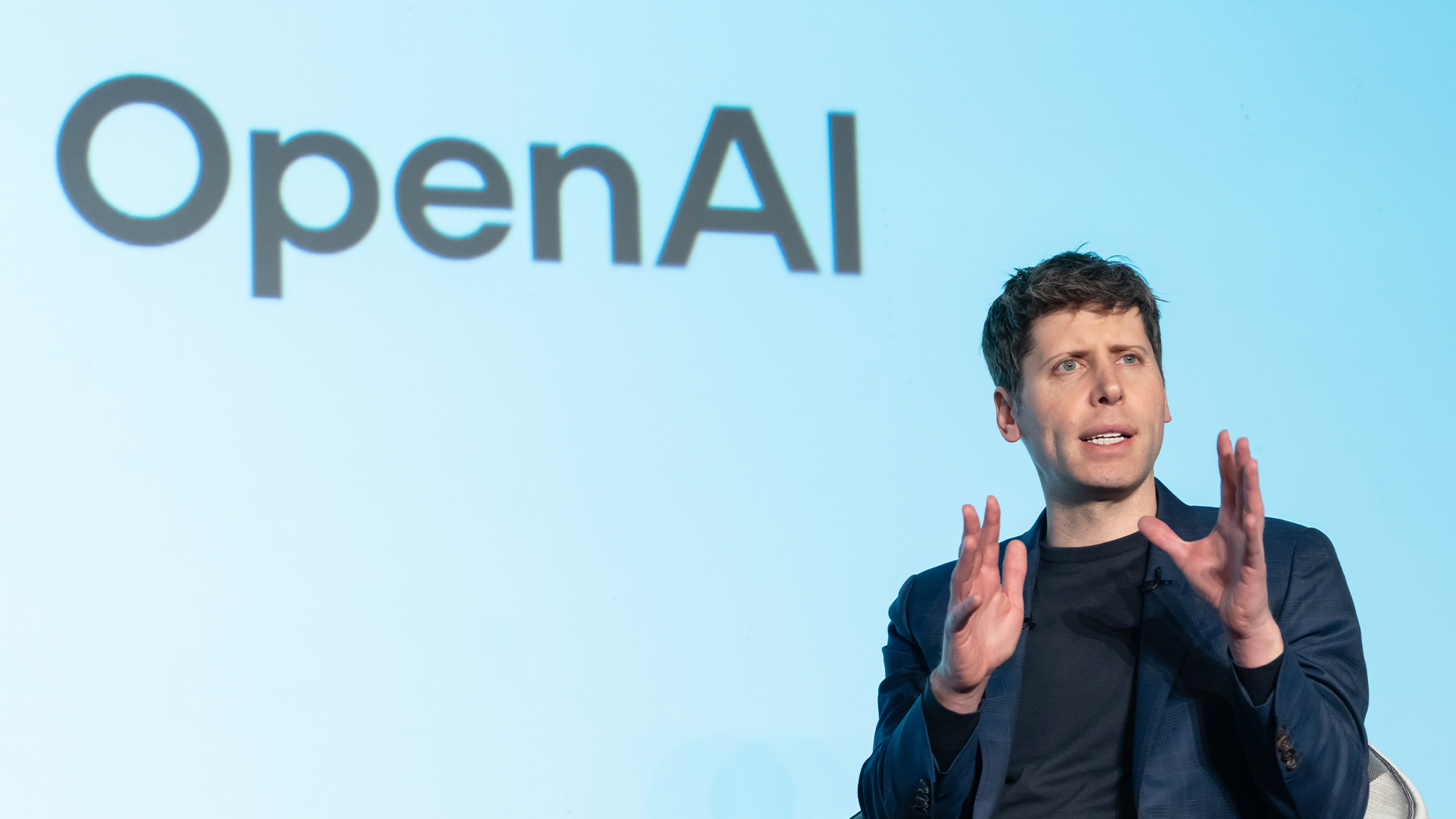
Sign up today and you will receive a free copy of our Future Focus 2025 report - the leading guidance on AI, cybersecurity and other IT challenges as per 700+ senior executives
You are now subscribed
Your newsletter sign-up was successful
Nvidia is investing as much as $100 billion into OpenAI, which will in turn use its hardware to build massive 10-gigawatt AI clusters.
The deal links up two of the giants of AI, with OpenAI sparking the recent boom and Nvidia powering much of it. The partnership, described as a letter of intent, will see OpenAI rolling out at least 10 gigawatts of Nvidia systems to train and run its next generation models.
Nvidia is expected to invest $100 billion in tranches as the systems are deployed — helping to pay for the work while also giving the GPU maker a further stake in its customer.
The first phase is set to come online in the second half of next year using Nvidia's Vera Rubin platform, OpenAI said.
Nvidia CEO Jensen Huang told CNBC that the 10-gigawatt systems were the equivalent to five million GPUS — as much as the company will ship this year.
“This is a giant project,” Huang said.
"Everything starts with compute," said Sam Altman, CEO of OpenAI. "Compute infrastructure will be the basis for the economy of the future, and we will utilize what we’re building with Nvidia to both create new AI breakthroughs and empower people and businesses with them at scale."
Sign up today and you will receive a free copy of our Future Focus 2025 report - the leading guidance on AI, cybersecurity and other IT challenges as per 700+ senior executives
A win-win for OpenAI and Nvidia
Here's how the deal will work: as each gigawatt of Nvidia technology is deployed by OpenAI, Nvidia will invest $10 billion into OpenAI.
Analysts noted that the deal certainly makes it look as though Nvidia's investment is being used to buy Nvidia products.
"Nvidia invests $100 billion in OpenAI, which then OpenAI turns back and gives it back to Nvidia," Bryn Talkington, managing partner at Requisite Capital Management, told CNBC. "I feel like this is going to be very virtuous for Jensen."
"On the one hand this helps OpenAI deliver on what are some very aspirational goals for compute infrastructure, and helps Nvidia ensure that that stuff gets built," Bernstein analyst Stacy Rasgon told Reuters. "On the other hand the 'circular' concerns have been raised in the past, and this will fuel them further."
Beyond that, Nvidia has been named by OpenAI as a preferred strategic compute and networking partner for its "AI factory" plans, and the two companies will "co-optimize" their roadmaps.
This includes closer collaboration on development of OpenAI models, as well as deployment of Nvidia’s hardware and software. Full details of the partnership will be finalized in the next few weeks, the companies said.
Continued partnership
OpenAI and Nvidia have been working closely since the advent of the generative AI ‘boom’ in late 2022. The latter has emerged as the leading player in the hardware space, driving the systems that underpin much of the tech industry’s efforts on this front.
"We’ve been working closely with Nvidia since the early days of OpenAI," said Greg Brockman, cofounder and president of OpenAI, in a statement. "We’ve utilized their platform to create AI systems that hundreds of millions of people use every day."
Nvidia took part in a $6.6 billion funding round for OpenAI last year and, alongside OpenAI and Oracle, is part of the US infrastructure project known as Stargate.
"By locking in OpenAI as a strategic partner and co-optimizing hardware and software roadmaps, Nvidia is ensuring its GPUs remain the backbone of next-gen AI infrastructure," Hargreaves Lansdown analyst Matt Britzman told Reuters.
"The market is clearly big enough for multiple players, but this deal underscores that, when it comes to scale and ecosystem depth, Nvidia is still setting the pace — and raising the stakes for everyone else."
Make sure to follow ITPro on Google News to keep tabs on all our latest news, analysis, and reviews.
MORE FROM ITPRO
- UK to host largest European GPU cluster under £11 billion Nvidia investment plans
- OpenAI just revealed what people really use ChatGPT for
- Jensen Huang says AI will make workers ‘busier in the future’ – so what’s the point exactly?
Freelance journalist Nicole Kobie first started writing for ITPro in 2007, with bylines in New Scientist, Wired, PC Pro and many more.
Nicole the author of a book about the history of technology, The Long History of the Future.
-
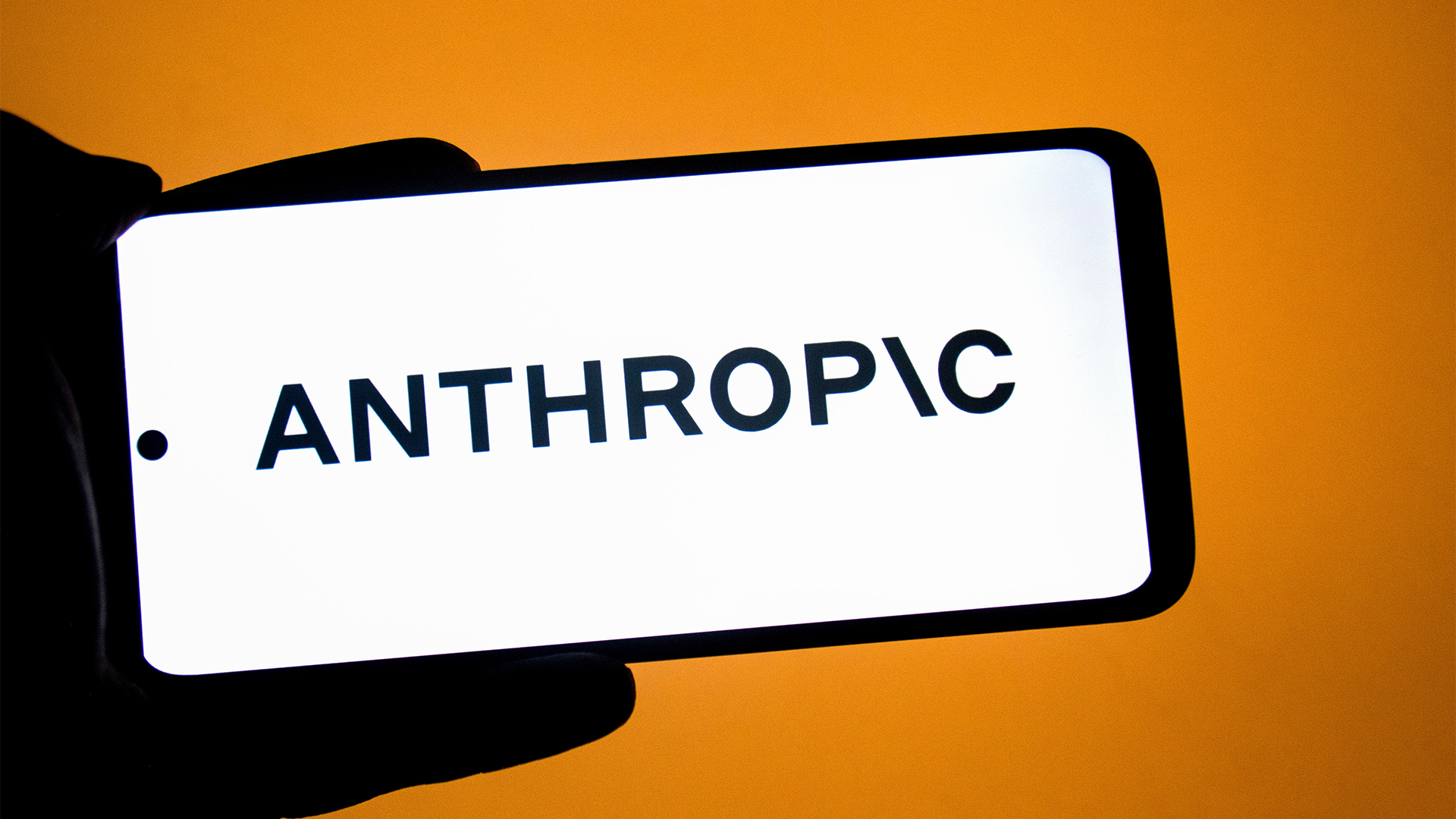 Why Anthropic sent software stocks into freefall
Why Anthropic sent software stocks into freefallNews Anthropic's sector-specific plugins for Claude Cowork have investors worried about disruption to software and services companies
-
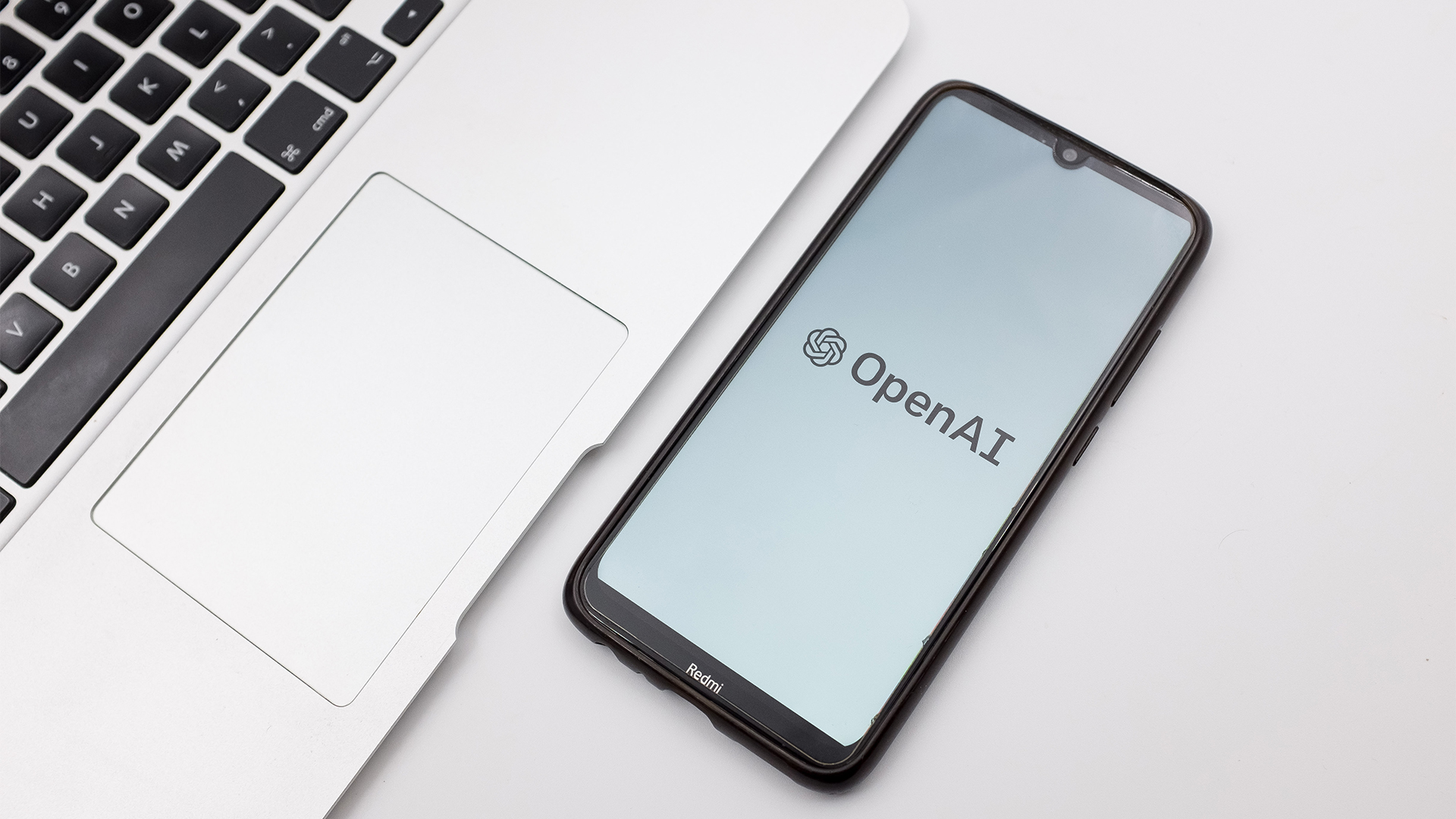 OpenAI's Codex app is now available on macOS – and it’s free for some ChatGPT users for a limited time
OpenAI's Codex app is now available on macOS – and it’s free for some ChatGPT users for a limited timeNews OpenAI has rolled out the macOS app to help developers make more use of Codex in their work
-
 B2B Tech Future Focus - 2026
B2B Tech Future Focus - 2026Whitepaper Advice, insight, and trends for modern B2B IT leaders
-
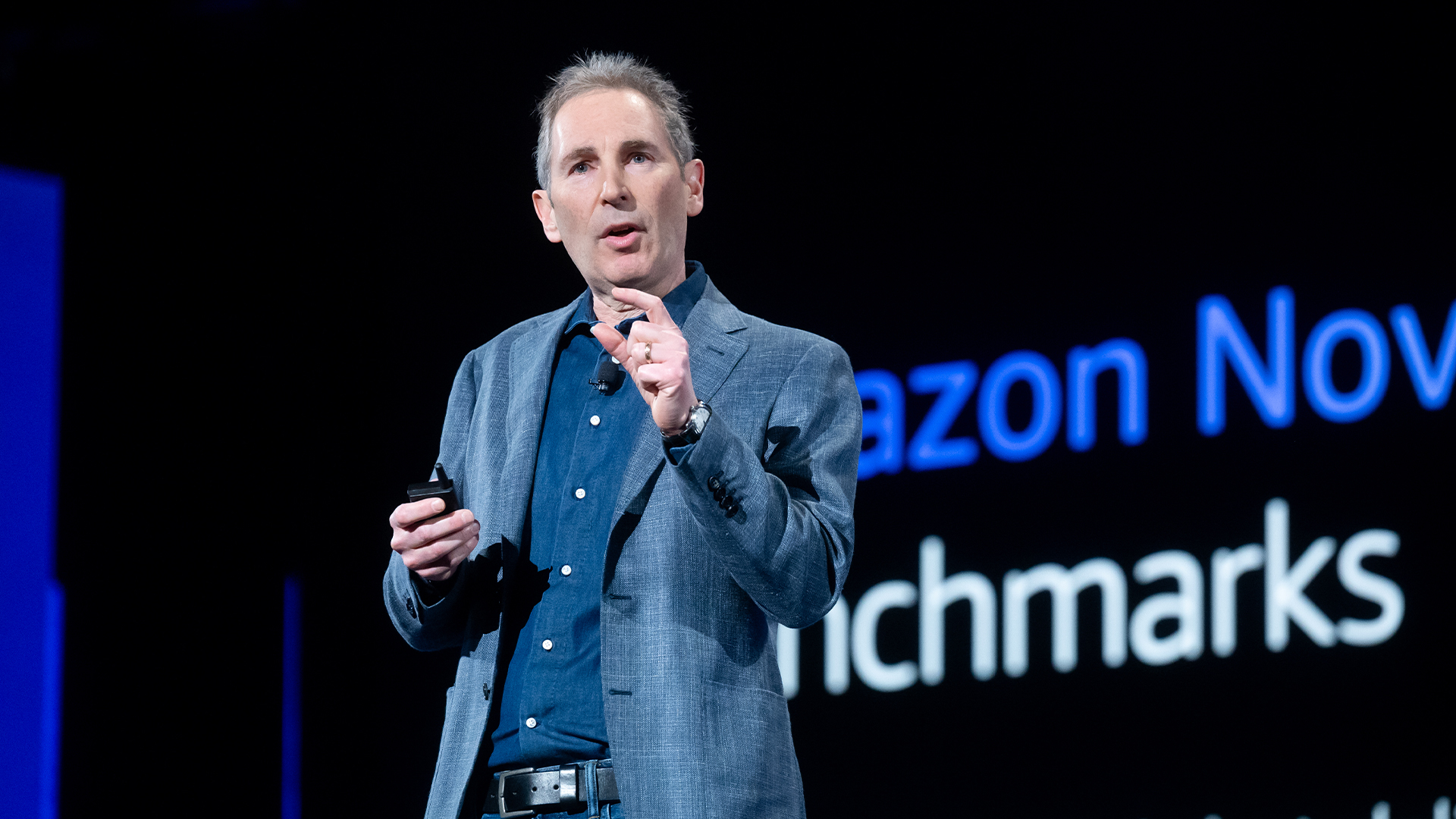 Amazon’s rumored OpenAI investment points to a “lack of confidence” in Nova model range
Amazon’s rumored OpenAI investment points to a “lack of confidence” in Nova model rangeNews The hyperscaler is among a number of firms targeting investment in the company
-
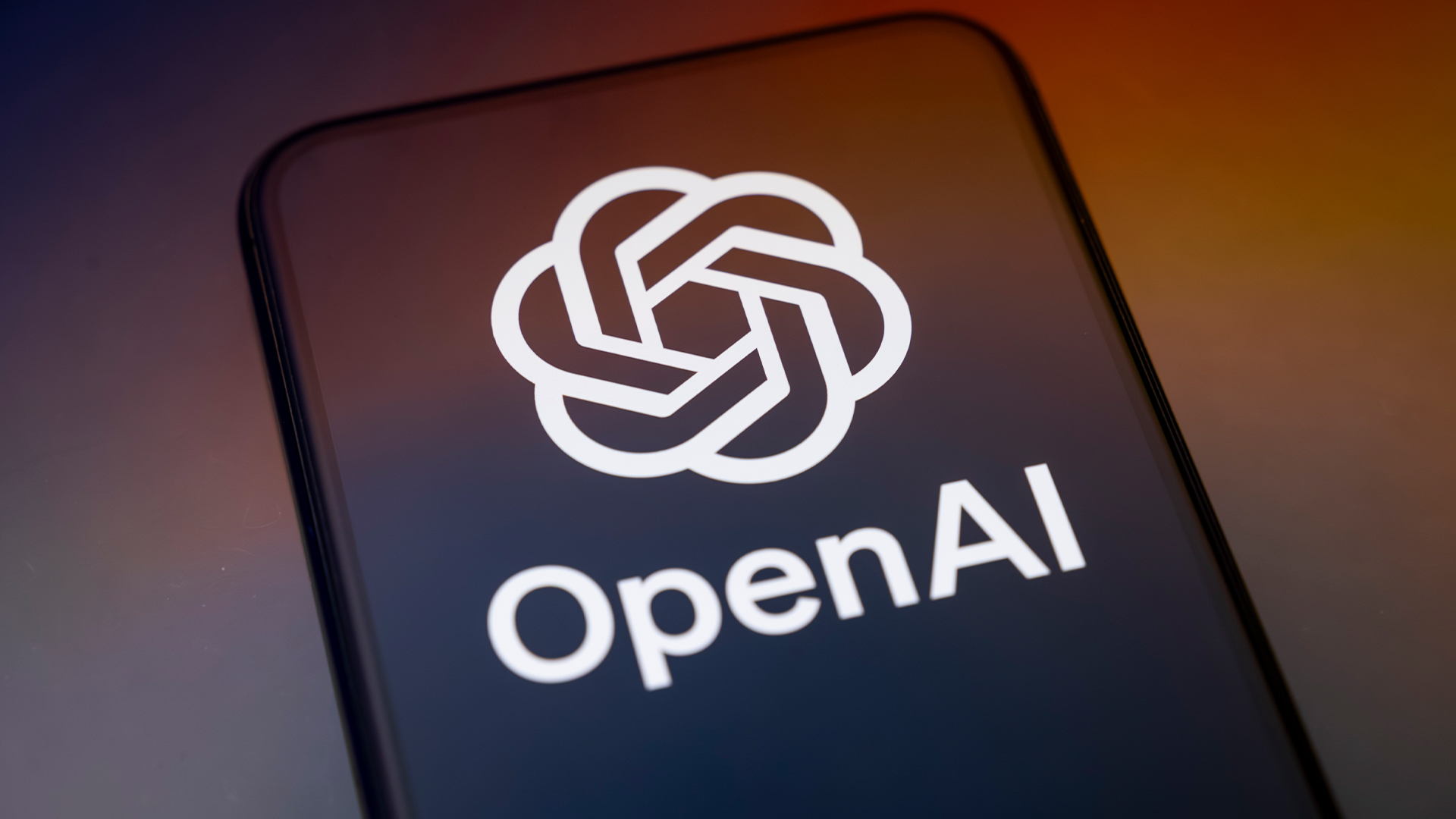 OpenAI admits 'losing access to GPT‑4o will feel frustrating' for users – the company is pushing ahead with retirement plans anway
OpenAI admits 'losing access to GPT‑4o will feel frustrating' for users – the company is pushing ahead with retirement plans anwayNews OpenAI has confirmed plans to retire its popular GPT-4o model in February, citing increased uptake of its newer GPT-5 model range.
-
 What the UK's new Centre for AI Measurement means for the future of the industry
What the UK's new Centre for AI Measurement means for the future of the industryNews The project, led by the National Physical Laboratory, aims to accelerate the development of secure, transparent, and trustworthy AI technologies
-
 ‘In the model race, it still trails’: Meta’s huge AI spending plans show it’s struggling to keep pace with OpenAI and Google – Mark Zuckerberg thinks the launch of agents that ‘really work’ will be the key
‘In the model race, it still trails’: Meta’s huge AI spending plans show it’s struggling to keep pace with OpenAI and Google – Mark Zuckerberg thinks the launch of agents that ‘really work’ will be the keyNews Meta CEO Mark Zuckerberg promises new models this year "will be good" as the tech giant looks to catch up in the AI race
-
 Half of agentic AI projects are still stuck at the pilot stage – but that’s not stopping enterprises from ramping up investment
Half of agentic AI projects are still stuck at the pilot stage – but that’s not stopping enterprises from ramping up investmentNews Organizations are stymied by issues with security, privacy, and compliance, as well as the technical challenges of managing agents at scale


